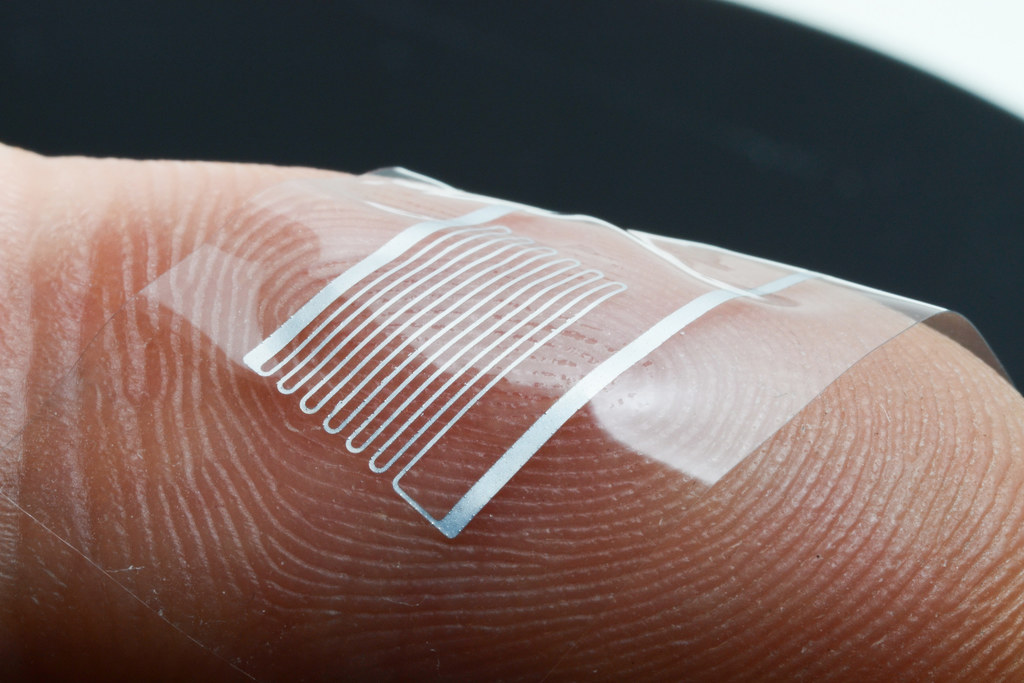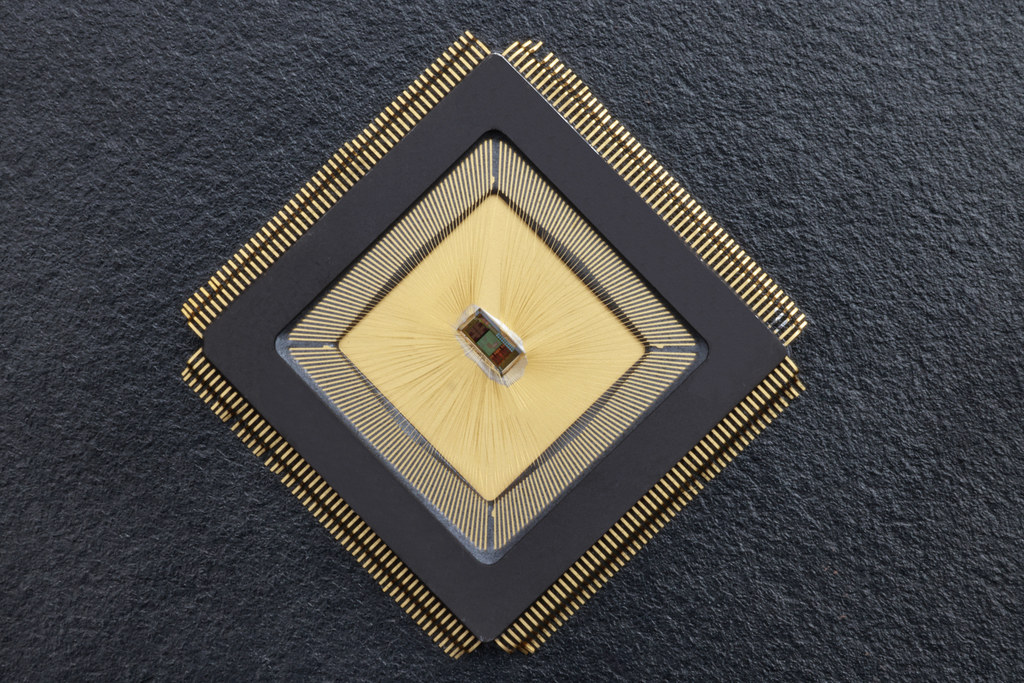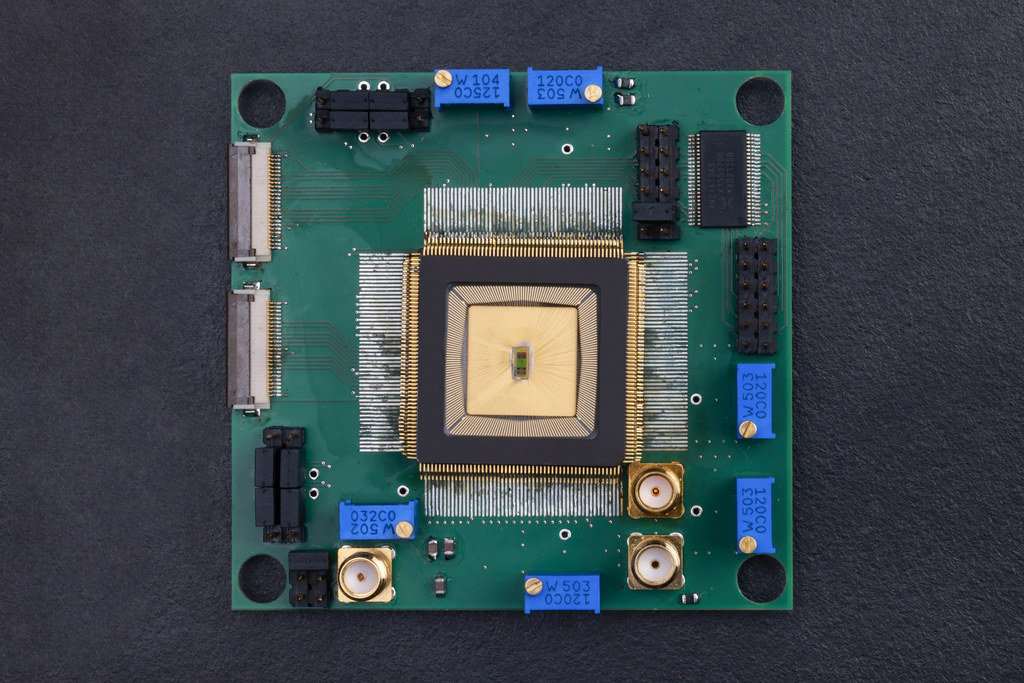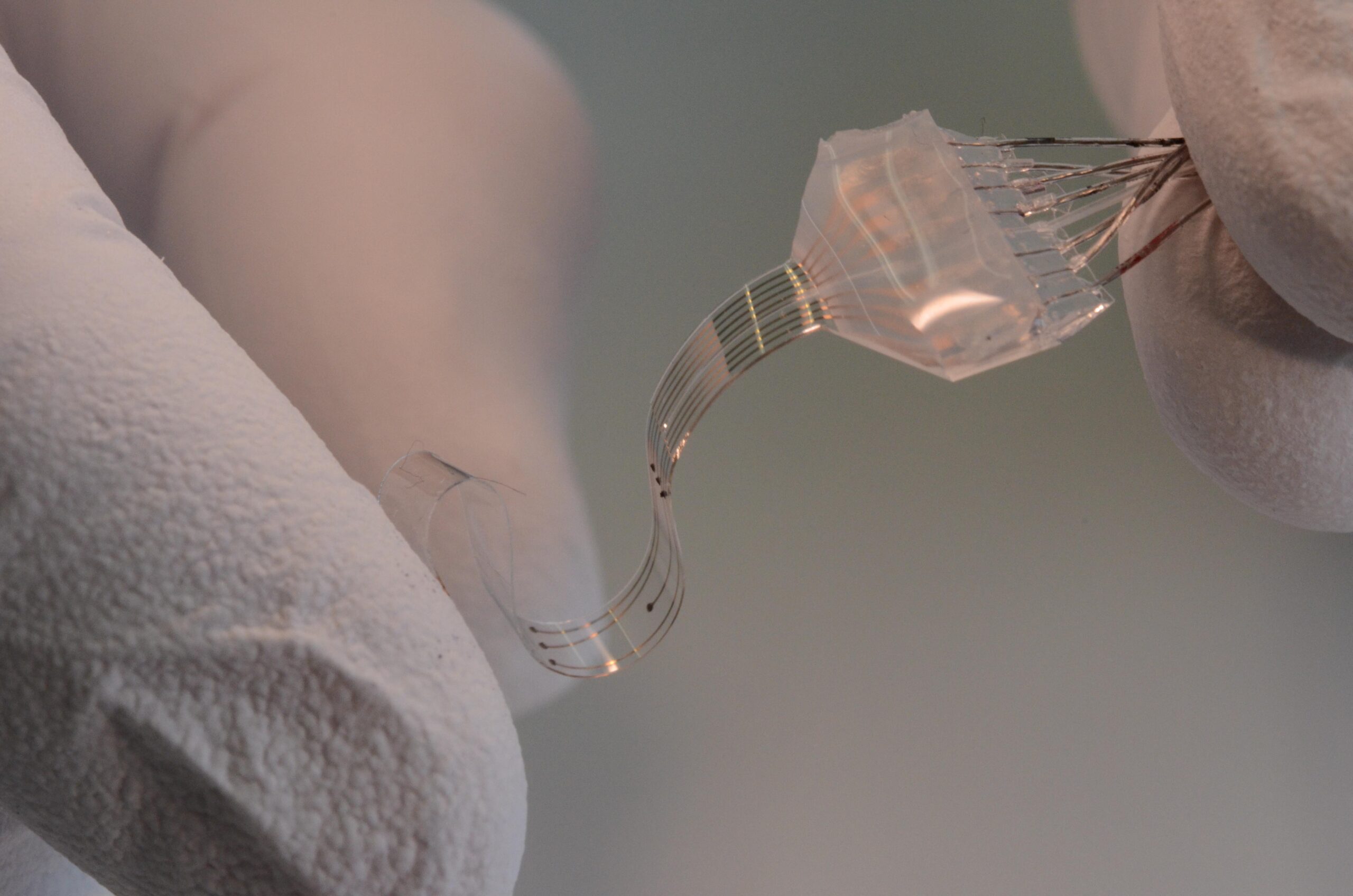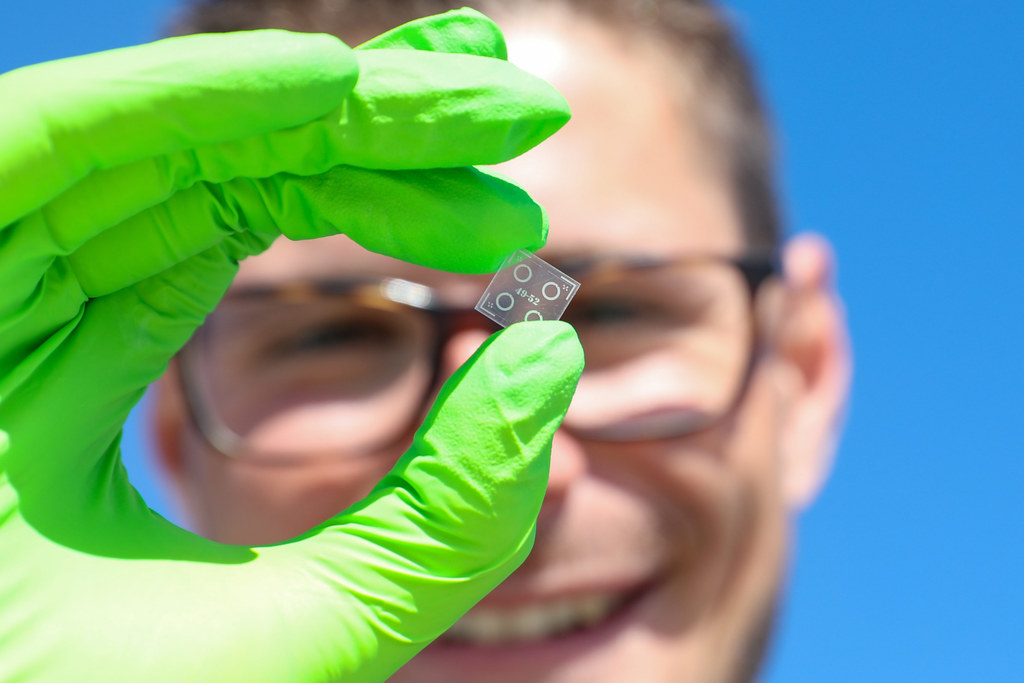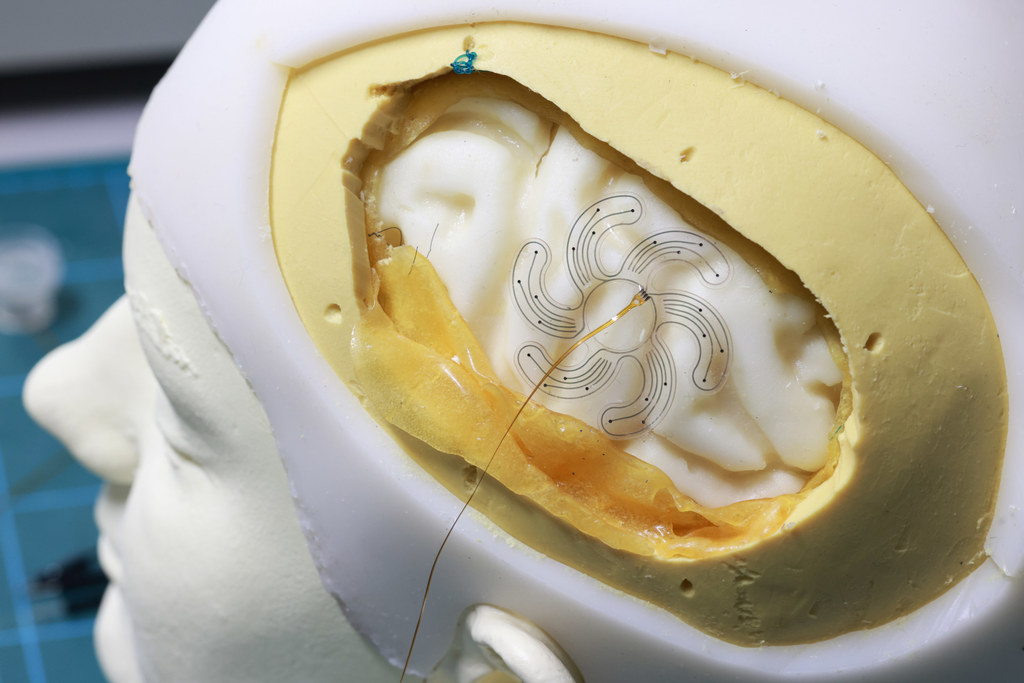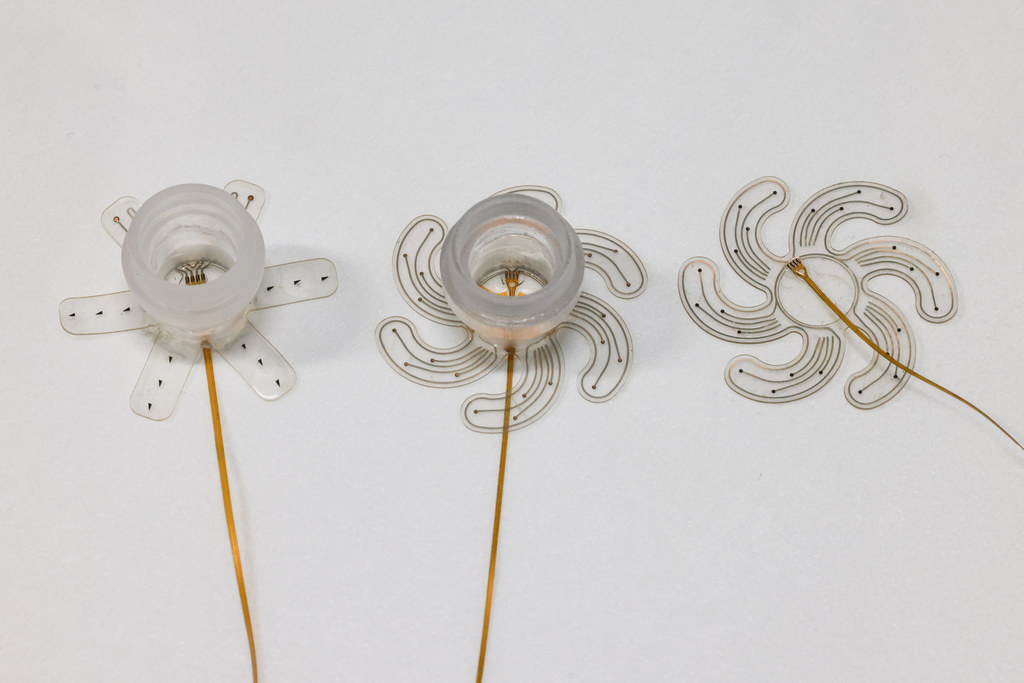Biomedical Engineering
Bioengineering covers a large span of disciplines and expertise ranging from biomolecular sciences, biology, physiology to engineering sciences and technologies such as electrical, mechanical or material engineering. The main challenge in bioengineering research on the engineering science and technology side is the identification of relevant research lines where the link to the life science is well covered. This requires a special profile of researchers as well as a collaborative mindset. IEM already has a solid track record in bio-engineering related research.
This area has significant activity in the broader EPFL Neuro-X Institute. Neuro-X acknowledges the urgent need for a concerted effort across EPFL in bringing together the interdisciplinary expertise and community to lead transformative research and education to brain science, computation and engineering. To do so, Neuro- X offers collaborative programs to efficiently support visionary research at the intersection of neuroscience, engineering, computation and medicine. Neuro-X focuses on three research themes – discovery neuroscience, patient-driven technologies, cognitive computation – that call for systematic multidisciplinary approaches and methods and will lead novel concepts and innovative solutions.
Key research themes
- Biomedical Signal Processing and Computational Medical Imaging: biomedical signal modeling and analysis, image acquisition and reconstruction, inverse problems, machine learning, segmentation and classification, graph analysis. Applications to different biomedical image modalities including ultrafast ultrasound imaging, computed tomography, structural, functional and diffusion Magnetic Resonance Imaging, optical imaging and tomography, digital pathology.
- Biosensors, medical devices and implantable systems for biomedical monitoring and therapy.
- Medical instrumentation and robotics.
- Automomous and smart neurotechnologies: Clinical, neuroprosthetic systems are designed to assist and support patients over years to decades, and are required to reliably monitor the human body and modulate its activity. Core competencies in IEM are in micro-nanotechnology, transducers and miniaturized electronics. Interdisciplinary competencies include neuroscience, cell culture and animal research. This theme particularly exploits the campus biotech in Geneva.

